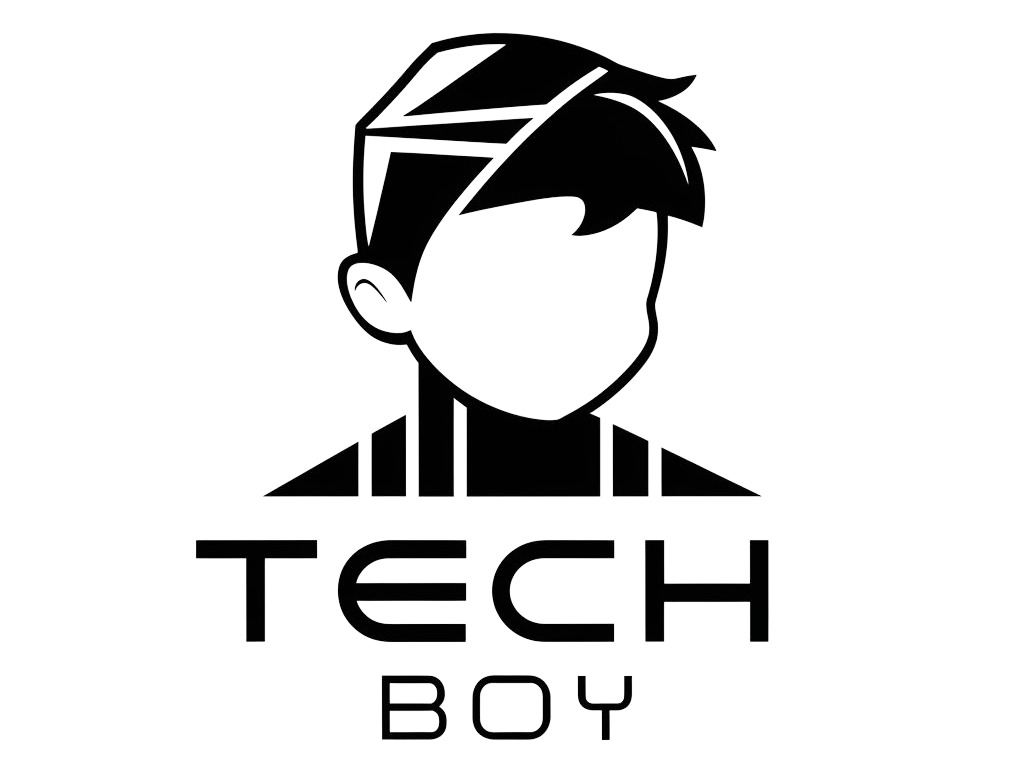Two-thirds of leaders feel Gen AI will reshape entry-level jobs
Generative AI is on track to transform entry-level roles across industries, with 64% of leaders expecting these positions to evolve from creation to review and refinement of outputs within the next three years. The percentage of managers holding a similar view stood at 71%, according to new research from the Capgemini Research Institute.
The findings suggest the traditional model of junior employees manually creating content, data, or code is rapidly being replaced by generative AI, which can generate these outputs in a fraction of the time. As a result, employees in these positions will focus more on quality control, critical analysis, and ensuring AI outputs meet business standards, the report added.
The findings are based on Capgemini Research Institute’s May 2024 survey that involved 1,500 executives and 1,000 entry-level employees from 500 organizations with over $1 billion in revenue, to explore generative AI adoption.
The report revealed that employees expect gen AI will manage an average of a third of their tasks (32%) within the next 12 months, indicating a potential productivity boost. This shift is expected to be felt most acutely in roles that traditionally involve manual content creation, data entry, or routine customer service tasks.
“Generative AI tools are becoming more adept at assisting with complex managerial tasks, which could challenge the status quo of organizational structure and ways of working,” Roshan Gya, CEO of Capgemini Invent and a member of the Group Executive Committee said in a press note. “This shift allows employees to focus on higher-value activities, unlocking new perspectives and challenging assumptions.”
Increased autonomy for junior employees
The widespread integration of AI into the workplace will not only change the nature of entry-level work but also grant more autonomy to junior employees.
According to the data, 52% of leaders and managers expect entry-level positions to gain greater independence as AI becomes more embedded in daily workflows. For example, in industries such as supply chain and logistics, AI will take on tasks like inventory management and order processing, allowing junior analysts to focus on strategic tasks and project management.
As AI continues to manage mundane tasks, junior employees will have more opportunities to make decisions that were previously the domain of higher-level staff. This will enable them to fast-track their careers and assume greater responsibilities early on, the report stated.
The report reveals that 51% of leaders believe AI will accelerate the career progression of entry-level employees. With AI automating routine functions, junior employees will gain exposure to more strategic elements of their roles, moving into management positions much faster than traditional career paths have allowed. AI will facilitate this shift by providing employees with the tools and data necessary to make informed decisions and take on supervisory roles.
“It should be noted that this shift depends on several factors: clarity on skills requirements at higher levels; the ability of junior employees to develop these skills (often tied to experience, which cannot be fast-tracked); and the availability of opportunities available for the shift,” the report pointed out.
It further added that “Organizations must prioritize building the skills and readiness of junior employees as part of a clear roadmap for employees’ journeys to people leadership or functional/technical leadership. This requires proactive steps around talent acquisition, development, skilling, and review and reward mechanisms.”
This transformation is already visible in fields such as marketing, customer service, and even technical domains like software development.
“We’re seeing AI take over foundational tasks in these sectors, and junior employees are becoming curators of AI work, rather than creators,” the report said.
With AI’s involvement, the proportion of managers within teams could expand from 44% to 53%, reflecting a broader move toward specialized roles that focus on managing AI-human collaborations.
Productivity gains but upskilling gaps remain
The findings from the report suggest that while AI adoption promises significant productivity gains — potentially saving 18% of time for entry-level workers — there are concerns about the readiness of employees to leverage these tools.
Despite the optimism about AI’s role in career acceleration, the report highlights a significant gap: only 16% of employees feel they are receiving adequate training in AI-related skills from their organizations. This gap poses a major challenge for companies that want to fully harness the benefits of AI, especially at the entry level.
“Without the proper training and resources, employees won’t be able to maximize the potential of AI,” the report cautioned, urging organizations to prioritize formal training programs to ensure their teams are ready for the AI-driven future.
The path ahead
Despite the promise of Gen AI, adoption remains nascent. While 64% of workers already use Gen AI tools, the report stated that only 20% use them daily.
This gap between AI’s potential and actual usage underscores the need for clearer guidelines, comprehensive training, and better integration of AI tools into existing workflows. As organizations continue to explore AI’s capabilities, defining roles and responsibilities for human-AI collaboration will be key to ensuring accountability and cohesion across teams.
With 81% of leaders expecting new roles like AI ethics specialists and data curators to emerge, the landscape of entry-level work is on the verge of a significant transformation. The future of work, it seems, will be less about replacing human effort and more about enhancing it through strategic collaboration with AI.







